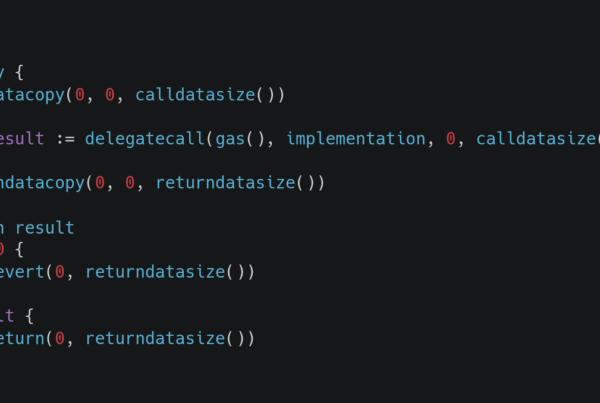As the world gravitates toward an era of digital currencies, the threat landscape is simultaneously growing in complexity and sophistication. One of the recent headlines of crypto assets vulnerability occurred when Alphapo, a crypto payment platform, had at least $31 million drained from its Ethereum-based hot wallets, underlining the rampant issues with phishing threats and private key security.
Alphapo, a crypto payment platform that offers instant transactions in over 30 digital assets. On-chain analysts suggest that attackers made off with $31 million by targeting the platform’s Ethereum hot wallets. The incident led to the temporary suspension of crypto transactions, further illustrating the collateral damage that can occur from such attacks.
Phishing threats are cyber attacks where scammers trick victims into revealing sensitive information, like passwords or credit card numbers. In the blockchain context, these threats often focus on obtaining the private keys to cryptocurrency wallets.
The potential threats of compromised private keys extend further when considering protocol owners and managers. These entities control significant portions of blockchain networks and often manage high-value wallets. If a private key for a protocol owner or manager is compromised, the implications can be far-reaching. Phishing attacks can allow criminals not just to drain wallets, but also to manipulate the underlying blockchain protocols. They can disrupt network operations, alter transaction records, and even conduct fraudulent transactions on a large scale. Such actions can cause significant financial losses and severely damage a company’s reputation.
In light of incidents like the Alphapo hack, it’s clear that private key security is a paramount concern. As the blockchain and crypto space continues to evolve, so too do the security threats. In a rapidly evolving digital landscape, companies need robust solutions to mitigate these threats.
At Chainkraft, we specialize in helping companies monitor their blockchain protocols, providing an extra layer of security and helping to minimize threats. Our services facilitate real-time protocol monitoring and instant threat detection, enabling swift responses to any irregularities or potential breaches.



